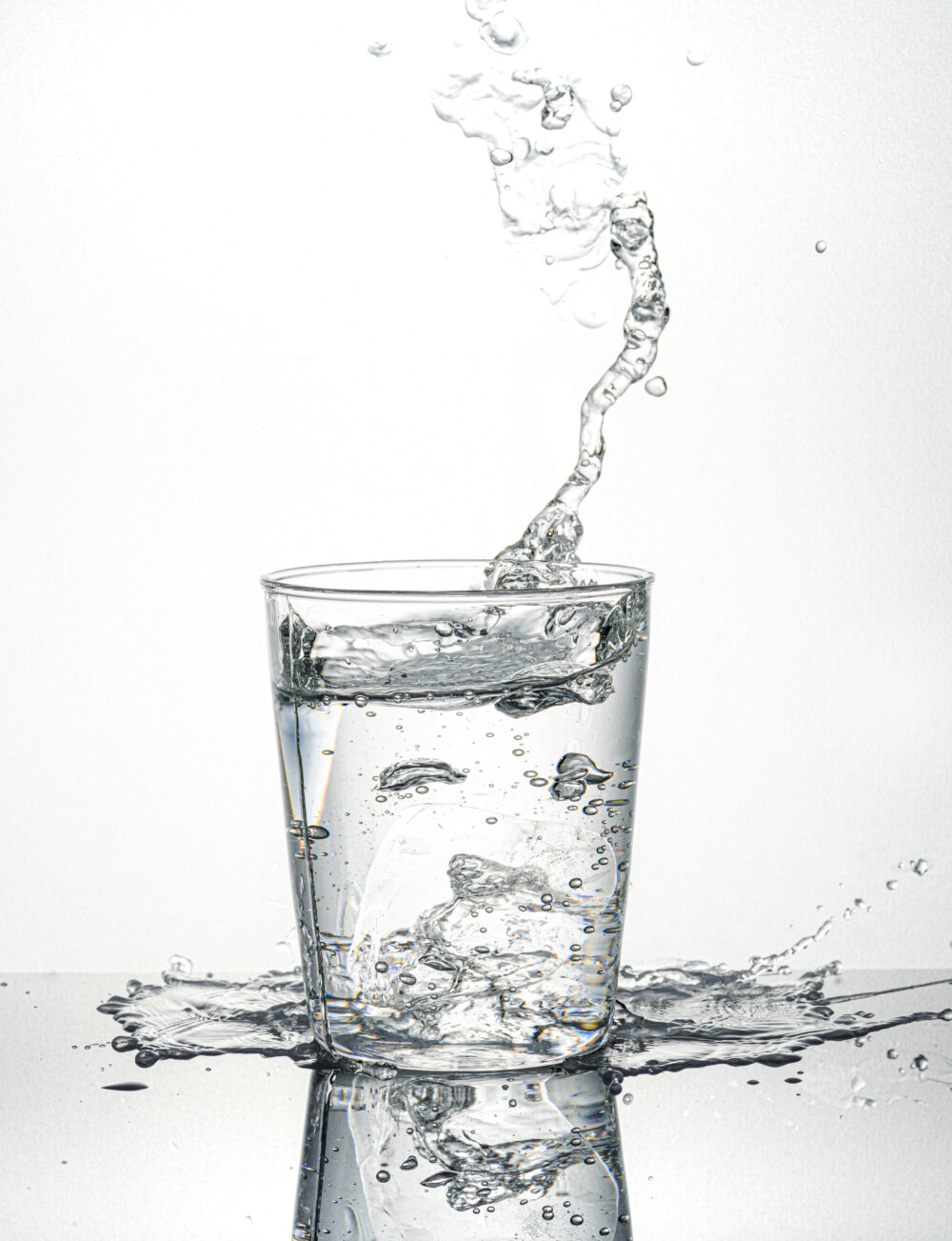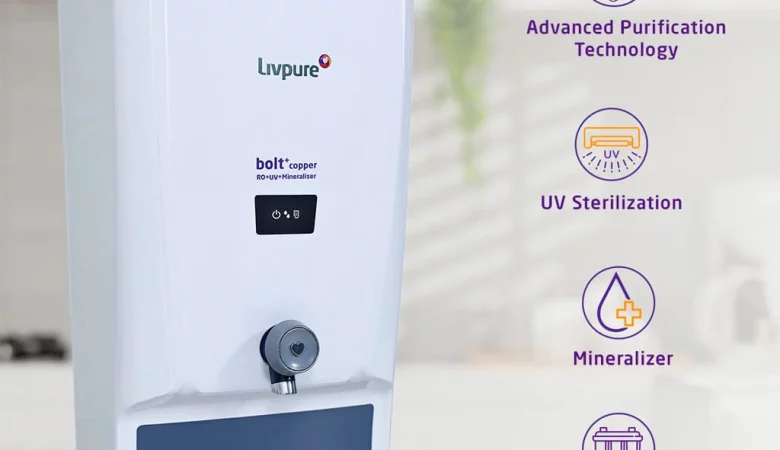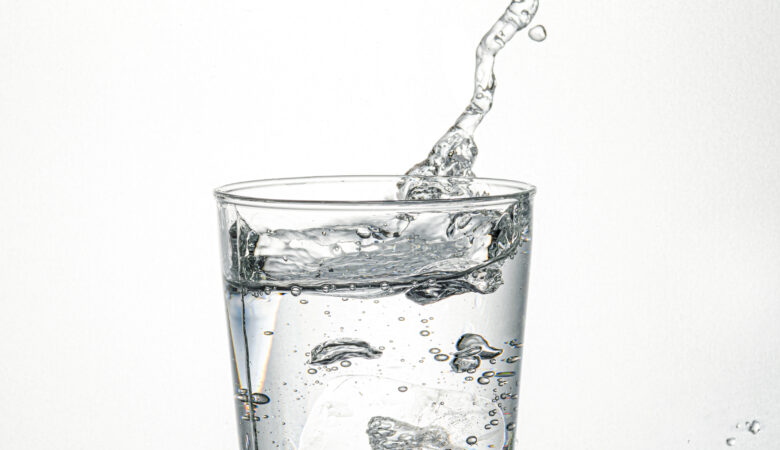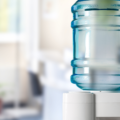Water is an essential source of minerals, nutrients, and energy. The importance of drinking safe, purified water cannot be overstated. The human body comprises 70% of water, so, needless to say, you must ensure you ingest adequate amounts of filtered water daily.
The type of water you drink can also impact your overall health. The choices are plenty, from packaged mineral water and chemically treated ‘black water’ to flavoured water.
However, only purified, filtered water can positively alter your lifestyle by ensuring you ingest the necessary minerals and vitamins. There are a plethora of benefits to drinking water. But if you are wondering which type of water you should consume, keep reading to learn more.
1. Know the types of water
Choose the type of water you consume wisely to maintain a healthy lifestyle. Before you make a decision, let’s understand the different kinds of water sources first –
- Tap water: It is water sourced from rivers or dams, treated at a water purification facility and supplied to your homes through pipelines. It is less costly compared to other water types.
- Mineral water: As the name suggests, it is enriched with minerals like magnesium and calcium. It mostly comes from underground water sources. The natural mineral content present in water promotes greater immunity and a better digestive system.
- Bottled water: Packaged drinking water is treated with a filtration process, reverse osmosis, and sealed in a bottle or pouches. It is a convenient source of getting water when you are outside. However, it is not affordable as compared to the other options. Further, it generates large amounts of plastic waste and harms the environment.
- Spring water: This water is sourced from water springs and glaciers. It is clean, toxin-free and infused with vital minerals. Because of the scarcity of water available in natural resources such as these, it is expensive compared to bottled water.
- Distilled water: Through the distillation process, water is converted into vapour form and then condensed back to liquid form. In this process, essential minerals get removed; hence, it is not the best option to ensure mineral intake.
- Purified water: This water is treated with water purification systems like RO water purifier, UV water purifier and ozonation.
- Alkaline water: Many believe alkaline water can neutralize the body’s acid levels. Drinking too much alkaline water can affect your metabolism, cause nausea, and induce vomiting.
2. Types of water to avoid
Drinking water from direct sources like rivers, ponds, seas, and oceans should be avoided. It is highly contaminated with disease-causing pathogens.
In the case of bottled water, it generates an enormous amount of single-use plastic waste that is unhealthy for the environment. Some bottled water also contains added sugar and unwanted calories. It is also expensive compared to purified water.
Prolonged exposure to sunlight can result in unsafe chemical reactions in plastic water bottles, making them dangerous for consumers.
3. The role of mineral content and pH level in the water
Water is naturally enriched with minerals like magnesium and calcium. Though mineral concentration in water does not affect how safe it is, hard water (high in minerals) can cause dryness and affect the quality of your skin and hair.
When the mineral content like sulphur is too high in water, it will appear brown and distinctly smell like a rotten egg. Companies use softening agents (like phosphorous) to ease hard water by removing high concentrations of minerals.
The pH level of water defines the acidic and alkaline nature of water. A pH level of 7 is considered neutral water, and most drinkable water has a pH of 6.5 to 7.5.
4. Type of water to choose
For many people, tap water is completely safe if the source is not contaminated or the local municipality maintains a standard water purification level. It is the most inexpensive, safe and environmentally friendly method.
However, if tap water appears discoloured, smells distinct or is declared unsafe drinking water, choosing bottled or purified water is the best option. This is crucial for both taste and safety. You can get a RO water purifier or water filter installed at your home.
Regarding nutrient content, mineral, alkaline and spring water are the healthiest choices, but they can burn a hole in your pocket.
5. How water filter works
A water filter is recommended when the water you are exposed to has a high chance of contamination. Every water filter works differently. Broadly, filtration happens in two ways – chemical or physical.
Physical filtration involves a barrier to block and trap sediments and bacteria from passing through. On the other hand, chemical filtration consists of the passage of water through an activated chemical which eliminates impurities.
A few types of water filters include-
- Activated carbon: Carbon granules attract chemical impurities and trap them within their tiny pores through adsorption.
- Reverse osmosis: It is the process of eliminating dissolved inorganic substances like magnesium and calcium from water through a semipermeable membrane.
- Ion exchange: This process is used to soften hard water. The exchange of ions in hard water, like magnesium and calcium, occurs with ions like sodium and hydrogen.
- Distillation: It includes boiling water and condensing its vapour back to liquid form. However, distilled water is non-mineralized water that does not provide your body with many health benefits.
Wrapping up
If you want to invest in a water purifier, you might wonder, “how to choose a water purifier?” Livpure has the answer for you! Check out the livpure water purifier range to meet all your clean and healthy water needs.
The livpure water filter technology makes it one of the best water purifier options in the market. You can get your hands on the Livpure RO purifier, which is one of their best-selling water purifiers.








